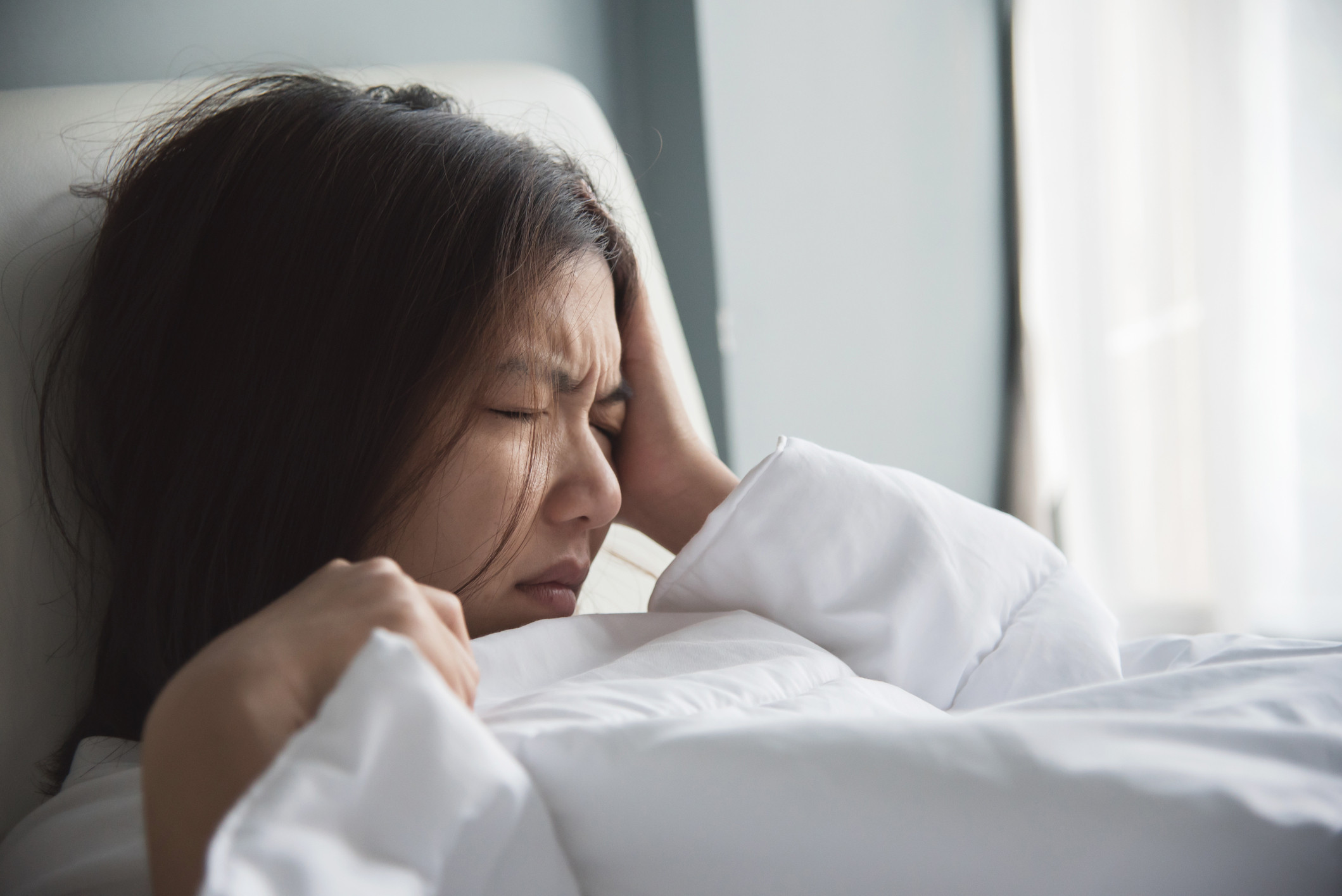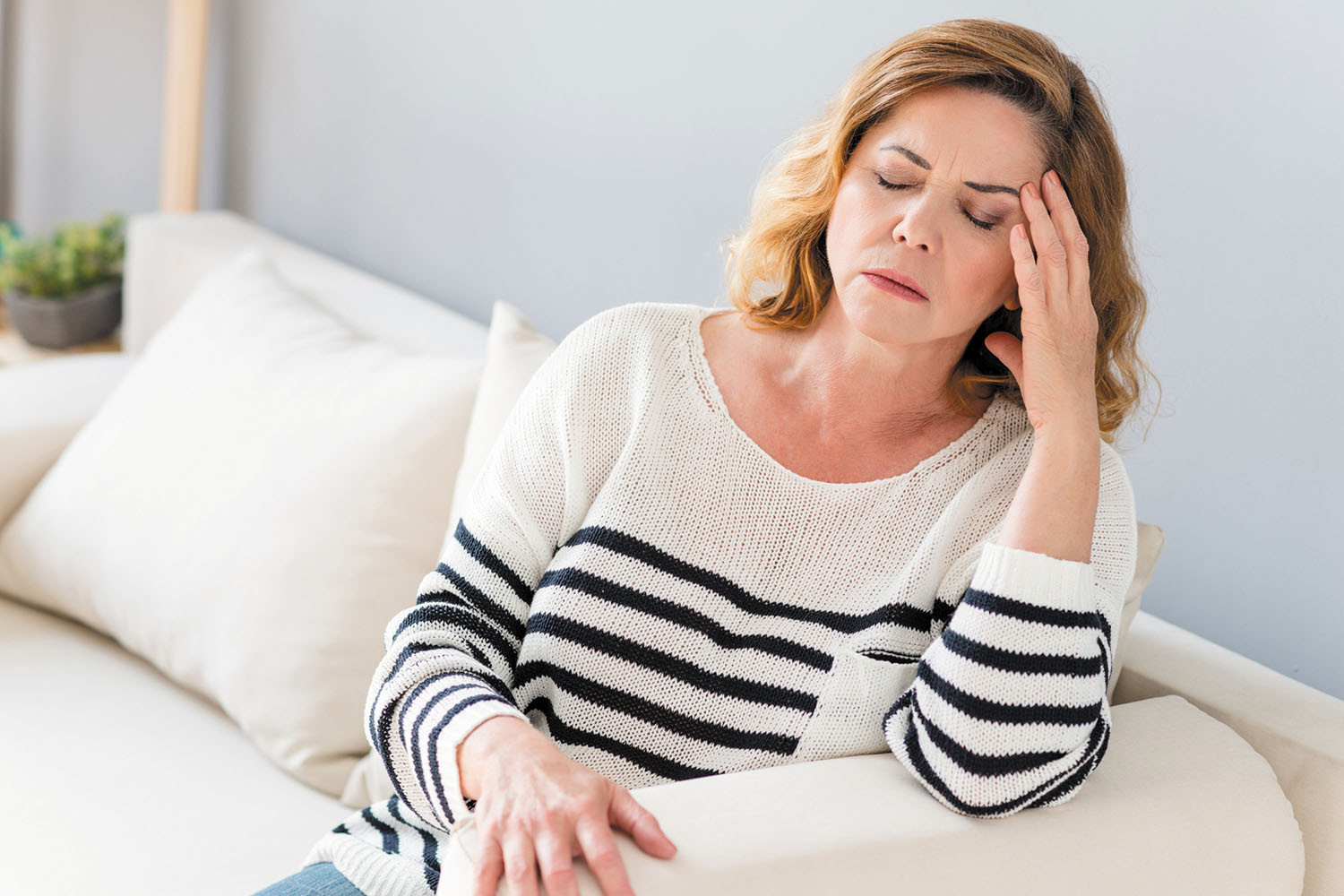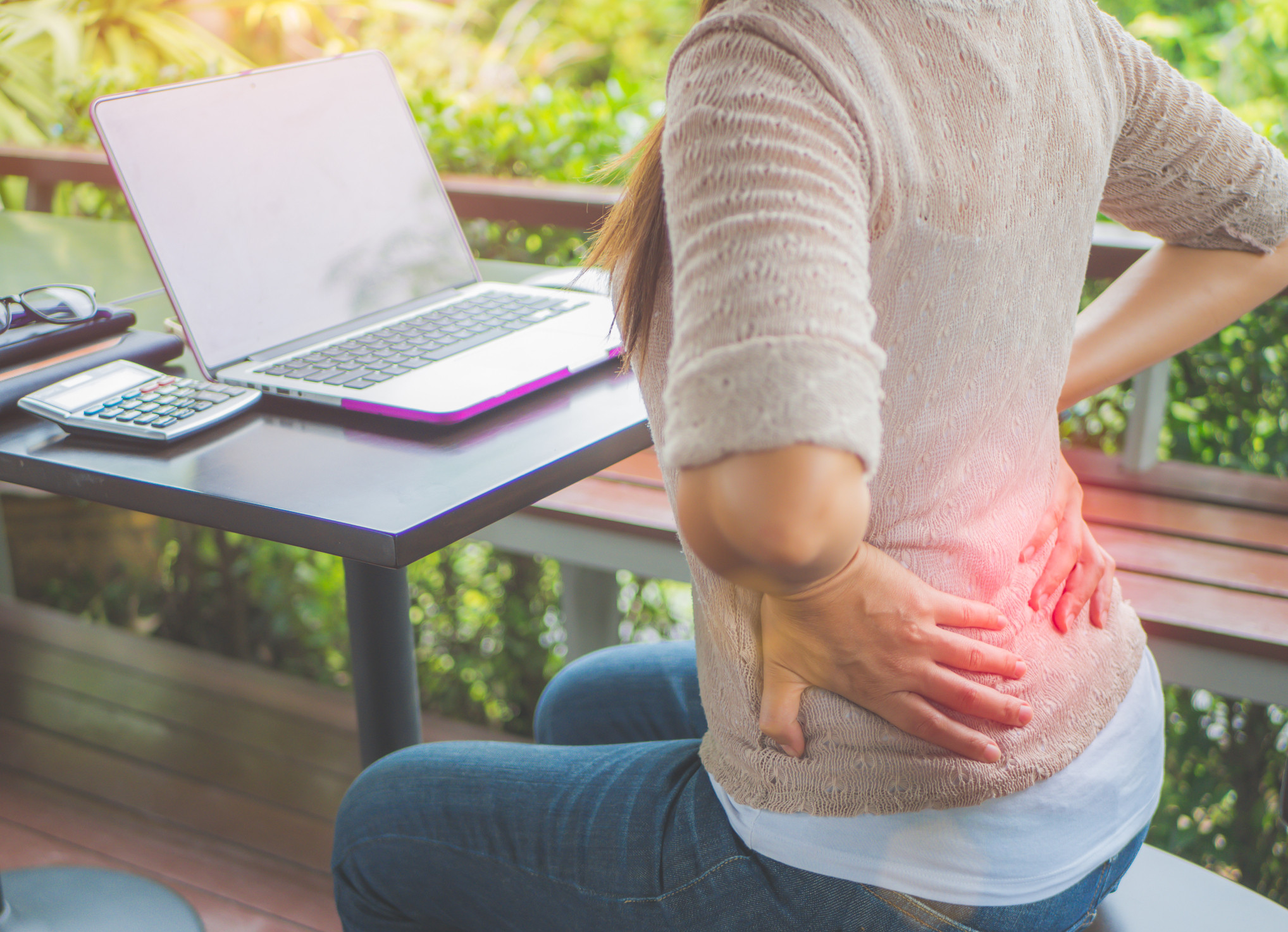
5 timeless habits for better health

What are the symptoms of prostate cancer?

Is your breakfast cereal healthy?

When pain signals an emergency: Symptoms you should never ignore

Does exercise give you energy?

Acupuncture for pain relief: How it works and what to expect

How to avoid jet lag: Tips for staying alert when you travel

Biofeedback therapy: How it works and how it can help relieve pain

Best vitamins and minerals for energy

Should you take probiotics with antibiotics?
Pain Archive
Articles
Gout: Inflammation and your joints
Inflammation is a key component of arthritis and other chronic joint diseases. Gout, a painful and potentially debilitating form of inflammatory arthritis, develops when tiny, needle-shaped crystals of uric acid (a biological waste product) accumulate in the joints. The presence of these uric acid crystals triggers the release of cytokines, and these inflammatory messengers attract neutrophils and other white blood cells to the scene. Gout usually affects one joint at a time, most often the big toe, but sometimes it occurs in a knee, ankle, wrist, foot, or finger.
Early on, gout flare-ups tend to be intermittent. If gout persists for a long time, the joint pain can be ongoing and mimic other types of arthritis. After several years, uric acid crystals may collect in the joints or tendons. They can also collect under the skin, forming whitish deposits. They are called tophi, lumps of tissue that form under the skin of fingers, knuckles, and elsewhere.
Opening up arteries to treat stable angina: Just a sham?
A study questioned the benefit of stents for some heart patients. What does this mean for people with chest pain?
Last fall, many news outlets highlighted a study suggesting that a common heart procedure — inserting a stent to open a narrowed heart artery — was no better than a sham procedure (see "Stent vs. sham: A short summary"). But the big picture isn't quite so simple.
For instance, it's worth noting that six weeks prior to undergoing the procedures, all of the 200 people who completed the study were prescribed increasing doses of heart medications. Referred to as optimal medical therapy, this approach is a proven strategy for treating chest pain brought on by physical activity or emotional stress that promptly goes away with rest or nitroglycerin (so-called stable angina).
Topical pain relievers may be less risky for the heart than pills
Research we're watching
The pain relievers known as nonsteroidal anti-inflammatory drugs (NSAIDs) help ease the ache of arthritis. But taking these pills regularly can increase blood pressure and worsen heart disease. Now, new research suggests that topical NSAIDs (available by prescription in gel form) may pose less risk than the pills.
Researchers tracked heart attacks, strokes, and other heart-related problems in more than 46,000 people with rheumatoid arthritis over a nine-year period. People who used topical NSAIDs (even those who already had heart disease) had fewer of these cardiovascular events than those who took oral NSAIDs, according to the study, published in the Oct. 27, 2017, Journal of the American Heart Association.
New ways to manage migraines
Sufferers now have more options than ever to ease the pain or even ward off attacks.
Image: © YakobchukOlena/Thinkstock
If you've ever experienced a migraine, you know it's no ordinary headache. Not only does it cause throbbing pain, typically on one side of your head, but it may also cause vision changes, sensitivity to light, and nausea. It's the type of headache that makes you want to retreat to a dark, quiet room and stay there until it goes away. Recovering from a migraine can take time; the headache can last for hours or days. Migraines affect an estimated 28 million women in the United States, according to the American Migraine Foundation (AMF).
The World Health Organization says that migraine headaches rank in the top 10 of disabling conditions. These headaches result in lost work days, lost productivity, and high health care costs. And of course, they can cause you to miss out on pleasurable activities and time with family.
Can spinal manipulation ease my low back pain?
On call
Q. I suffer from recurrent episodes of low back pain. Is spinal manipulation really effective for back pain relief?
A. Episodes of low back pain are quite common among older men, and many seek relief through chiropractic care, which usually includes spinal manipulation. Spinal manipulation (or adjustment), as described by the American Chiropractic Association, focuses on using manual pressure to mobilize joints.
5 ways to manage arthritis and keep it from slowing you down
Arthritis is a painful problem that can interfere with your ability to do the things you enjoy. But you can take steps to manage arthritis by protecting your joints, reducing discomfort, and improving mobility.
Physical or occupational therapists can be very helpful in teaching you how to modify activities and accomplish daily tasks more easily in order to manage arthritis. But there are simple things you can do for yourself, starting today. Here are five of them:
Where to turn for low back pain relief
In most cases, a primary care doctor or chiropractor can help you resolve the problem.
Low back pain is one of the most common complaints on the planet. And you may wonder where to turn when you start experiencing some of those aches or twinges in the lower part of your back. Take heart. "In most cases, you won't need a specialist," says Dr. Robert Shmerling, a rheumatologist at Harvard-affiliated Beth Israel Deaconess Medical Center.
When pain strikes
There are many causes of low back pain. Some of the most common include an injury to a muscle or tendon (a strain), an injury to a back ligament (a sprain), and a herniated or "slipped" disc (when the soft material inside of a disc between spinal bones leaks and irritates nerves). Many of these issues will eventually resolve on their own.

5 timeless habits for better health

What are the symptoms of prostate cancer?

Is your breakfast cereal healthy?

When pain signals an emergency: Symptoms you should never ignore

Does exercise give you energy?

Acupuncture for pain relief: How it works and what to expect

How to avoid jet lag: Tips for staying alert when you travel

Biofeedback therapy: How it works and how it can help relieve pain

Best vitamins and minerals for energy

Should you take probiotics with antibiotics?
Free Healthbeat Signup
Get the latest in health news delivered to your inbox!
Sign Up










